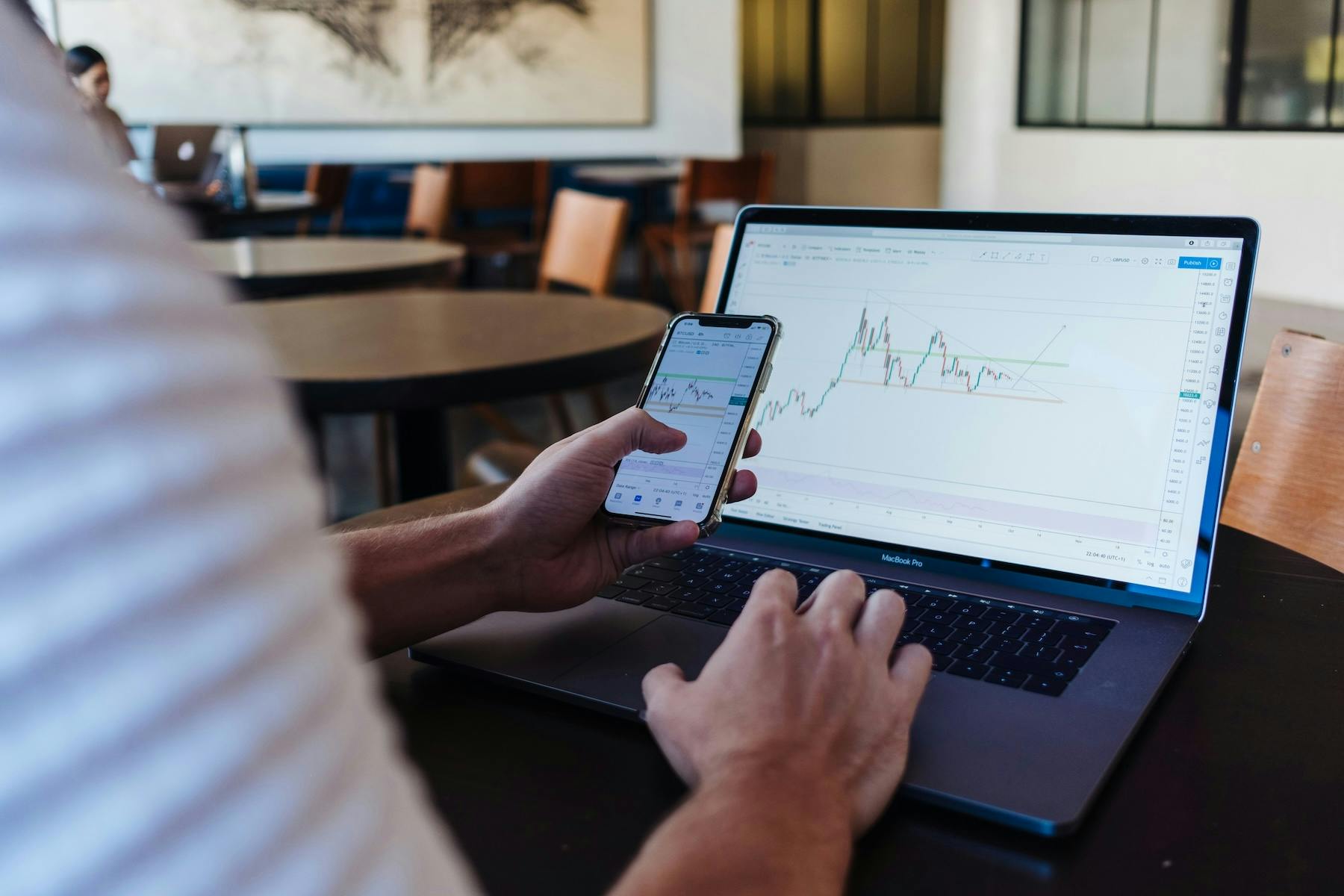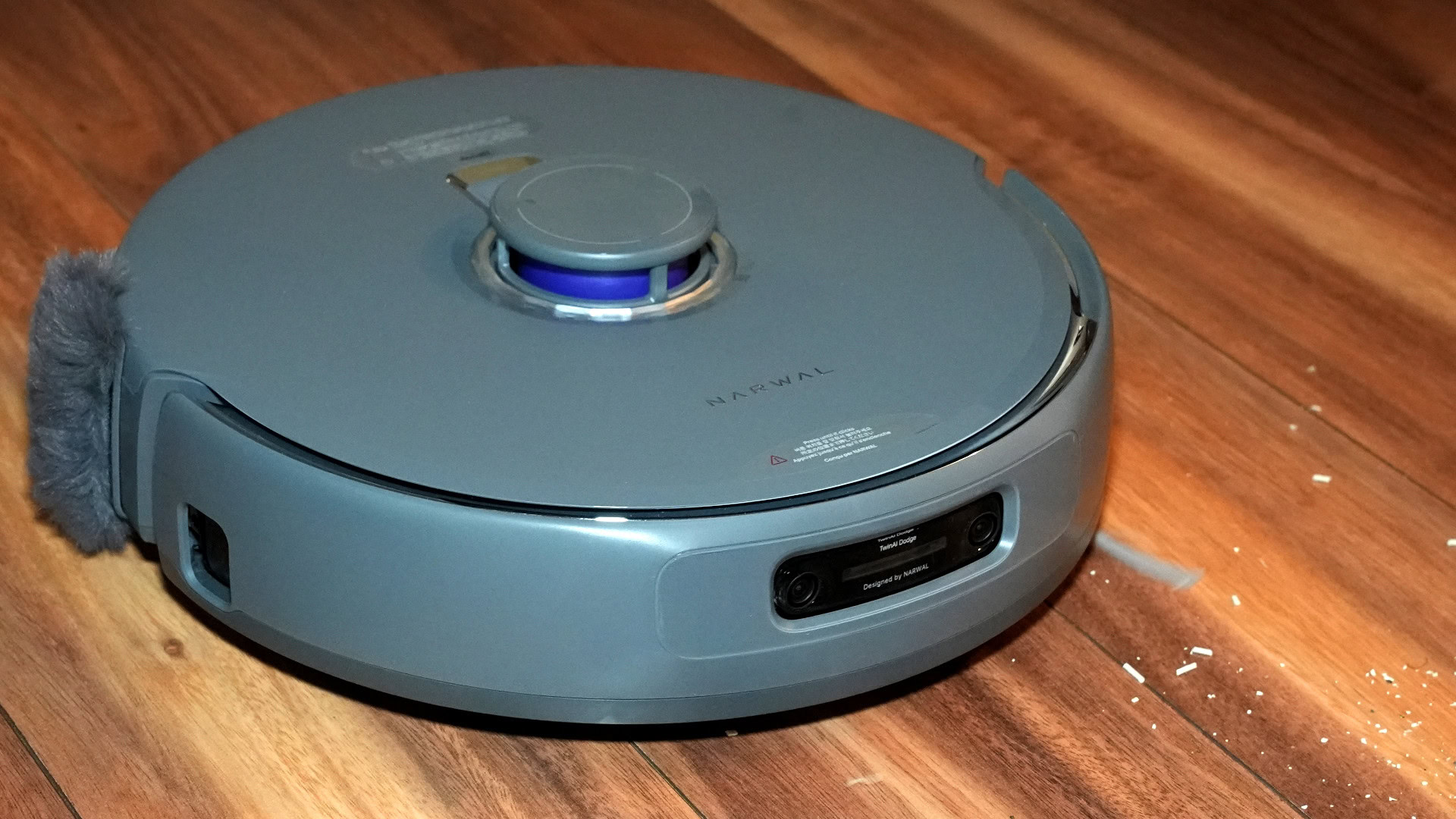There’s a case to be made that Apple (NASDAQ: AAPL) is the most innovative of Wall Street’s famed Magnificent Seven stocks. Today, the firm that transformed how the world communicates is facing a fight for survival as tariff uncertainty threatens production.
The iPhone is at the heart of Apple’s business model. With more than 220 million handsets sold per year, and a rate of
As a fiery trade war raged between the United States and China that saw tariffs reach up to 145% at its worst, there were fears among many electrical firms that disruption could unsettle long-standing operational models.
While Apple had been granted an exemption for smartphones, computers, and other electronics from President Donald Trump’s tariffs, the reprieve was short-lived as Trump took to social media to suggest that “nobody is getting ‘off the hook’” when it comes to importing goods.
On May 23, 2025, the president took direct aim at Apple, threatening a
“I have long ago informed Tim Cook of Apple that I expect their iPhones that will be sold in the United States of America will be manufactured and built in the United States, not India, or anyplace else,” Trump suggested.
But what does the threat of tariffs mean for Apple? And could iPhones really be manufactured successfully in the US? The uncertainty surrounding one of the world’s brightest tech firms could ultimately become a cautionary tale for the Magnificent Seven.
Wall Street Struggles
It’s been a challenging year for Apple, with the stock experiencing analyst downgrades as a result of tariff uncertainty, a weak AI rollout, and a
The stock was down 17.63% on the year going into June and entered the month more than 22% below its December peak value.
In early June, AAPL was downgraded by Needham & Company analysts from a ‘buy’ to a ‘hold’ rating, with the firm withdrawing its previous
However, it could be Apple’s tariff tussle that carries a lasting impact on the stock’s performance. Should Trump’s threats against the firm hold weight, the implications of a ‘US or bust’ approach to manufacturing could lead to lasting damage.
$100,000 iPhones
The impracticality of manufacturing in the United States would lead to significant cost increases in the production of iPhones for Apple to contend with.
According to International Business Times author Andrea Tode Jiménez, recreating just 10% of Apple’s convoluted supply chain in the US would cost
Financial Times data suggests that modern iPhones are comprised of
Dan Ives, global head of technology research at Wedbush Securities, claimed in an interview with CNN that replicating Apple’s supply chain in the United States would lead to iPhones
This figure pales in comparison to 2018 estimates from investment banker and entrepreneur Glenn Luk, who suggested that a skills gap between the US and Asian workforces would
The sheer impracticality of converting iPhone manufacturing to the United States means that it’s likely to be a non-starter, with an additional 25% tariff imposed on the company appearing to be the most cost-efficient way of surviving in such an uncertain period.
Implications for the Magnificent Seven
The trials and tribulations of Apple show that tariff struggles can adversely affect a vast number of major tech firms in the United States today.
In an ambitious attempt to bypass tariffs, Apple in March saw the firm
It’ll be this level of commitment to supply chain innovation that firms like Apple and its Magnificent Seven counterparts will need to depend on should Trump’s aggressive stance on trade continue to cause uncertainty.
One of the biggest challenges that Wall Street will face stems from the uncertainty of Trump’s statements on tariffs.
However, the market is not blind; it is reacting to headlines about tariffs from the end of 2024, so some of the panic is embedded in it,” explained Maxim Manturov, head of investment research at Freedom24.
“The real blow will be the duration and depth of the trade war – if it is a short, sharp skirmish with quick decisions, uncertainty may decline soon. If it escalates into a protracted standoff, expect new waves of selling as supply chain costs and inflation fears rise.”
Living in Uncertain Times
It may have been a turbulent year for the Magnificent Seven and Apple, in particular, but there may be some hope that the conclusion of President Trump’s 90-day delays to reciprocal tariffs concludes with some certainty regarding trade deals and supply chains.
In recent weeks, Apple has faced a bumpy ride due to its reliance on China for its supply chain. With manufacturing in the United States highly unlikely, any stock market recovery will depend on a change of heart from Trump.
With many more leading Wall Street stocks reliant on trade with China, we’re set to see more firms hanging on the president’s words over the years ahead.











